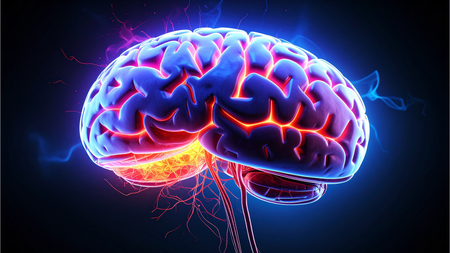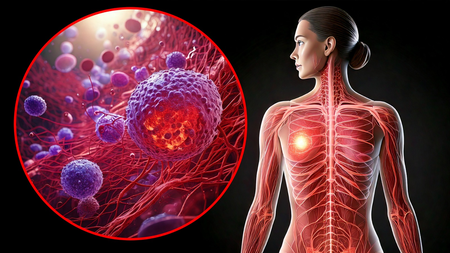
New Delhi, Sep 1 (IANS) A new medication has been shown to significantly lower blood pressure in people whose levels stay dangerously high, despite taking several existing medicines, according to the results of a Phase III clinical trial.
Globally, around 1.3 billion people have high blood pressure (hypertension), and in around half of cases, the condition is uncontrolled or treatment-resistant. These individuals face a much greater risk of heart attack, stroke, kidney disease, and early death.
The international trial showed that after 12 weeks, patients taking the new drug baxdrostat (1 mg or 2 mg once daily in pill form) experienced a blood pressure reduction of around 9-10 mmHg more than those taking the placebo — a reduction large enough to cut cardiovascular risk potentially.
About 4 in 10 patients reached healthy blood pressure levels, compared with fewer than 2 in 10 on placebo, revealed the trial, led by University College London’s Institute of Cardiovascular Science.
The results, published in the New England Journal of Medicine, were based on nearly 800 patients across 214 clinics worldwide.
“Achieving a nearly 10 mmHg reduction in systolic blood pressure with baxdrostat in the Phase III trial is exciting, as this level of reduction is linked to substantially lower risk of heart attack, stroke, heart failure and kidney disease,” said Principal Investigator Professor Bryan Williams from UCL, while presenting the findings at the European Society of Cardiology (ESC) Congress 2025 in Madrid, Spain.
Blood pressure is strongly influenced by a hormone called aldosterone, which helps the kidneys regulate salt and water balance.
Some people produce too much aldosterone, causing the body to hold onto salt and water. This aldosterone dysregulation pushes blood pressure up and makes it very difficult to control.
Baxdrostat works by blocking aldosterone production, directly addressing this driver of high blood pressure (hypertension). The findings are important as they can decode the mechanism behind the difficult-to-control blood pressure.
Further, the study showed that in patients with uncontrolled or resistant hypertension, the addition of baxdrostat 1mg or 2mg once daily to background antihypertensive therapy led to clinically meaningful reductions in systolic blood pressure, which persisted up to 32 weeks with no unanticipated safety findings.
“This suggests that aldosterone is playing an important role in causing difficult-to-control blood pressure in millions of patients and offers hope for more effective treatment in the future,” said Williams.
“The results suggest that this drug could potentially help up to half a billion people globally,” he added.
–IANS
rvt/




